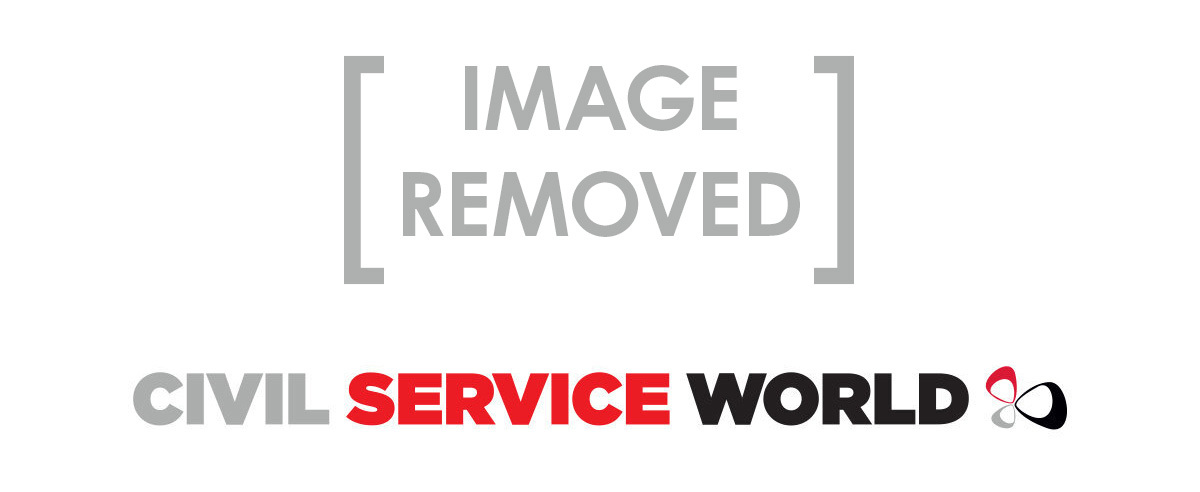Sajid Javid will pledge to hand Whitehall departments a further £2bn to cover the costs of Brexit when he sets out his spending plans for the next financial year today.
The chancellor will use his 12-month spending round on Wednesday to announce that cash pledged for Brexit preparations in the current 2019/20 fiscal year will continue into 2020/21.
It brings the total spend on planning for and delivering Britain’s exit from the bloc since the 2016 referendum to more than £8bn.
The money will be used to help the Home Office support Border Force capability, for the Department for Transport to assist ports, and for a possible UK replacement for the EU’s Galileo satellite navigation system.
Javid said: “One of my first acts as chancellor was to announce £2.1bn additional funding to prepare to leave the EU. We've now provided £8.3bn to help departments prepare for Brexit.
“This new funding will ensure that departments can grasp the opportunities created by Brexit after we leave on 31 October.”
The statement will also set out overall budgets for Government departments for 2020-21, with a full multi-year review planned for 2020.
The statement will confirm the funding for a number of spending pledges since Boris Johnson became prime minister, including the recruitment of 20,000 police officers, creation of more prison places and extra funding for NHS – although it has since emerged that over half of the £1.8bn NHS "cash boost" announced by Johnson was not in fact new money but existing reserves that trusts had previously been blocked from spending. On Friday, the government also announced a number of planned increases to the Department for Education’s school budget, to increase it by £2.6bn in 2020/21, a further £2.2bn in 2021/22, and an extra £2.3bn in 2022/23, compared to the 2019/20 baseline. This will bring the schools budget to £52.2bn in 2022/23, according to DfE.
However, Javid has also said that no department will be handed a “blank cheque” and vowed to stick to the “fiscal rules” followed by his predecessors over the last decade as they grappled with the deficit.
Ahead of the statement, the Institute of Government set out its analysis of which public services are most in need of additional funds, with adult social care and prisons top of the list to restore performance to pre-austerity levels
After nine years of austerity, all major public services face some pressures – from a rising number of vacancies for children’s social workers, to falling retention rates among teachers – but the extent of service deterioration, and the size of the challenge to maintain current performance varies significantly, according to the analysis.
Although schools, hospitals and police “will certainly benefit from extra funding given the pressures they face, they are not the services that have experienced the sharpest declines in performance since 2010”, according to the IfG.
“In adult social care, publicly funded social care has become harder to access as local authorities have responded to spending constraints by tightening their interpretation of who is eligible for social care. Fewer adults receive publicly funded care than did in 2010 – even though the number of people aged 65 and over has grown and requests for support from the working age population have risen since 2015/16. Local authorities have not been able to meet all the needs of the growing number of adults eligible for social care, meaning adults with care needs have increasingly relied on unpaid care – care provided informally by family and friends.
“In prisons, there has been a sharp and sustained decline in prison safety since 2012/13. The number of prisoner assaults on other prisoners, and on staff, are both more than twice as high as they were in 2010. ‘Protesting behaviour’ incidents – including prisoners taking hostages and barricading off parts of prisons – have also risen substantially since 2012/13.”
By contrast, school and police performance has not declined as notably, according to the IfG’s analysis, based on its performance tracker produced in partnership with the Chartered Institute of Public Finance and Accountancy. “Pupil attainment in school has not declined since 2010 and victim satisfaction with the police has fallen only three percentage points, from 69% to 66%, since 2009/10. Hospitals face fewer immediate pressures following the government’s announcement last summer that NHS England would receive a real-terms funding increase of 3.4% each year for the next five years.”
